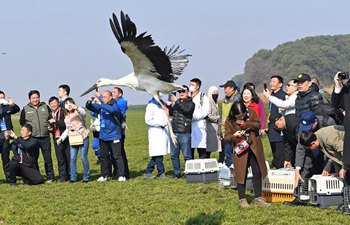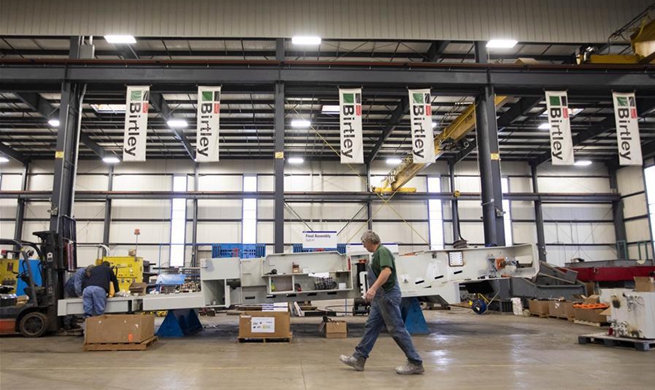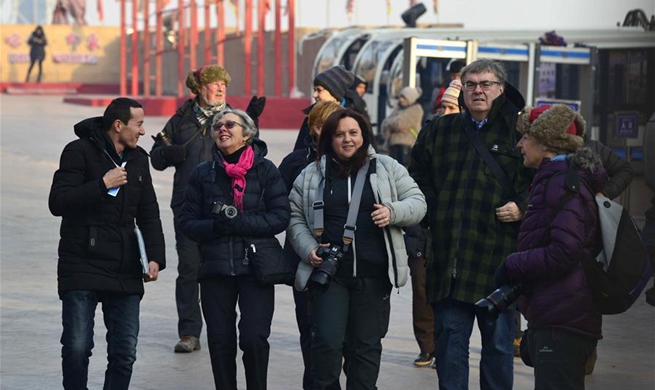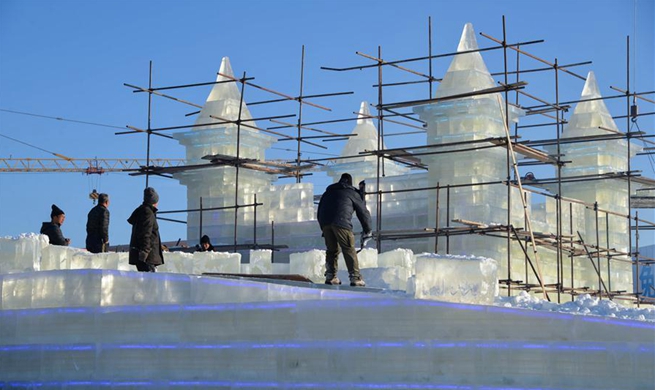BEIJING, Dec. 9 (Xinhua) -- China will work with the international community to push forward space science and technology education and contribute to the economic and social development in the Asia-Pacific region, said a Chinese space official Monday.
Wu Yanhua, deputy director of the China National Space Administration (CNSA), made the remarks at the 4th meeting of the governing board of the Regional Center for Space Science and Technology Education in Asia and the Pacific (China) affiliated to the United Nations.
As the sponsor and host country of the center, China will collaborate with other member states to promote win-win cooperation in space science and technology education, Wu said.
Zhang Kejian, head of CNSA, was elected as chairman of the center's governing board.
Participants of the meeting shared their opinions on how to boost the economic and social development in the Asia-Pacific region through space cooperation and personnel training.
Luc St-Pierre, a senior program officer of the United Nations Office for Outer Space Affairs, commended the contribution of the regional center to the peaceful use of outer space for the benefit of mankind and the development of space science and technology education in the Asia-Pacific region.
The center, established in 2014, and based in Beihang University in Beijing, has 10 member states, including Algeria, Argentina, Bangladesh, Bolivia, Brazil, China, Indonesia, Pakistan, Peru and Venezuela.
Over the past five years, the center has trained a total of 237 master and doctoral students from 24 developing countries in the fields of remote sensing and geographic information system, satellite communication, global navigation satellite system, small satellite technology and space law and policy.
The center has also organized over 20 short-term courses, training nearly 1,000 personnel from 64 countries. It has proposed several international cooperation space projects, such as constructing a multi-task small satellite constellation.
Xu Huibin, president of Beihang University, said the university is committed to building the center into a globally recognized educational institution and a key platform for global space science and technology exchange and cooperation.
Surucchawadi Seweewanlop, a student from Thailand studying space law and policy in the center, said, "We have many opportunities to attend workshops, engage in in-depth discussion and share ideas, and learn about the global governance of space technology applications. This is an issue of shared interest, so we must actively promote coordination and cooperation to find a way to safeguard space security."

















